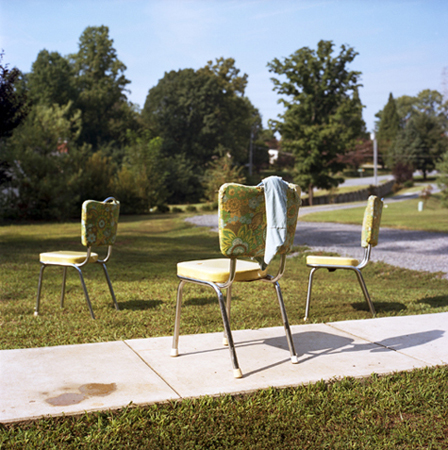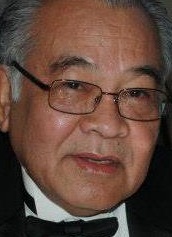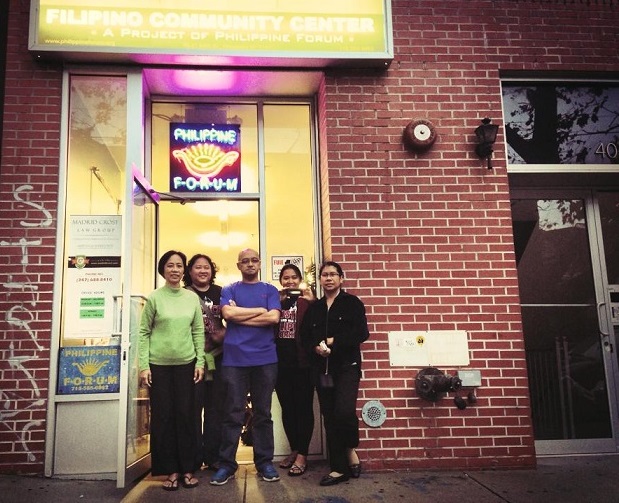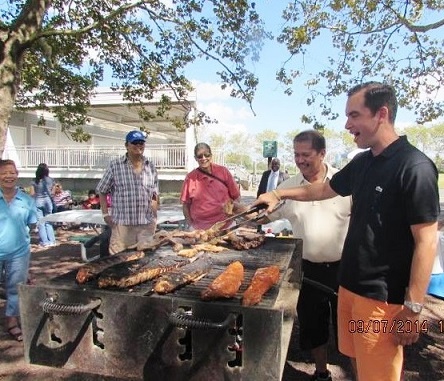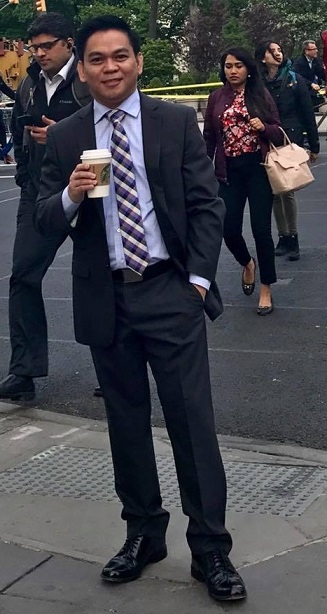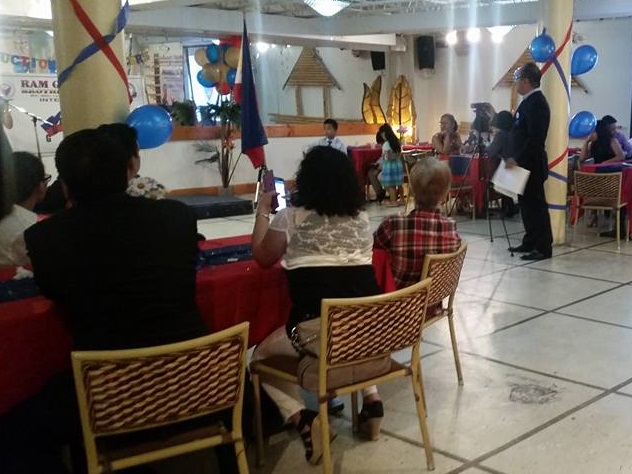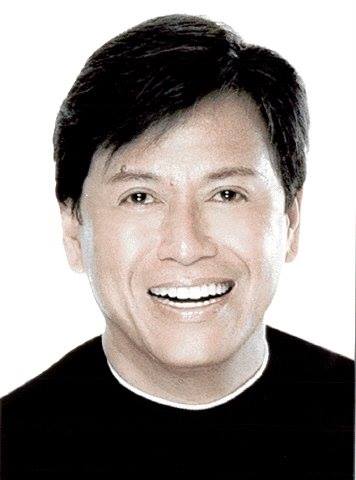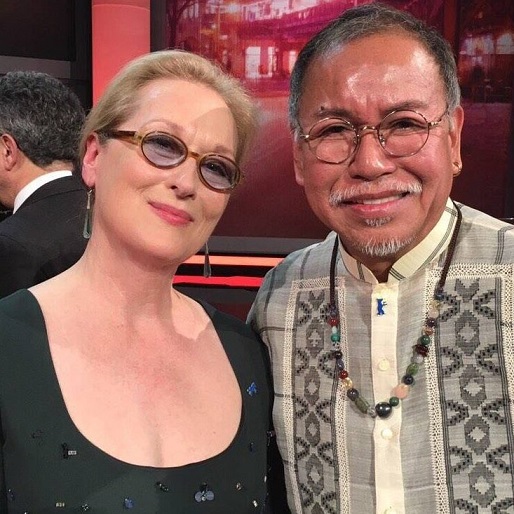Farewell Farewell, Bernardo Bernardo (Part 1)
By Joel DavidRapid Pinoy pop-culture quiz: name another media celebrity with a double name. Aside from the usual nickname or fancy given name (Jonjon, Zsazsa, or, for political controversy, Bongbong), only a sufficiently elderly local observer might be able to remember Justo. And unlike Bernardo Bernardo, Panfilo C. Justo opted to use a pseudonym by reduplicating his family name.
More recent friends of Bernardo would also know that he specified a second name, also reduplicated: BB, coined (as he once told me) to facilitate conversations in Facebook and FB Messenger. Born on January 28, 1945, BB was too young to remember the intensification of World War II, leading to an ending, about half a year after his birth, where there were in fact no winners except for the abruptly wealthy Americans. The recollections of his elders must have induced in him a resolve never to face any historical crisis without contributing his share to social change, for better or worse.
This much can be seen in his choice of college major: journalism, then-available (circa the mid-1960s) only at the University of Sto. Tomas, with the national university still laying the groundwork for its own media program. In addition to his stint as editor-in-chief of the Varsitarian, Bernardo struck an imposing Adonic figure, tall, smart, and confident; his moreno features only served to heighten his appeal – and not surprisingly, the performing arts started knocking on his door and never stopped calling on him till the end.
Before he succumbed last March 8 to a particularly severe bout with pancreatic cancer, BB had made a name for himself as the most successful crossover actor in the country, conquering stage, film, and television (in that order) and expanding his reach to global stages and festivals, while also directing and producing some of his projects. Name a Philippine National Artist still alive during BB’s active years, and chances are that the name “Bernardo” will appear in the roster of participants, twice. Mauro Feria Tumbocon Jr., director of the Filipino Arts & Cinema International (FACINE), confirmed in private that the Annual Filipino International Film Festival was planning to recognize him with a life-achievement award during its 25 anniversary celebration in San Francisco this year.
Regarded in retrospect, Bernardo was always a step or more ahead of his colleagues. He parlayed his facility in English into lead roles at Repertory Philippines, known for its restaging of U.S. theater and musical hits. By the time the production of the West End musical “Miss Saigon” scouted for Filipino talents, zeroing in on Rep and discovering Lea Salonga in the process, he had long moved on. He first sought a more remunerative arrangement via the then-burgeoning dinner-theater scene, and stood out in the multicharacter sequel of “Boys in the Band” at Century Park Sheraton, where he was “flaming enough to burn the ballroom down,” as he described in an interview I had with him, titled “Manay Revisits ‘Manila by Night.’”
Ishmael Bernal, who had seen his performance, was then on the lookout for an actor who could play one of the lead roles in “Manila by Night,” intended to be the second-anniversary presentation of Regal Films as a production outfit. The character, Manay, was meant to represent the “conscience” of the film – a flawed one, it must be added, since the project entailed an encompassing and necessarily dystopic vision of the city under militarized dictatorship. Nighttime was when everything repressed by prevailing social institutions during martial rule could emerge – prostitution, drug transactions, queer assignations, live-sex shows, drag displays, hypocritical masquerades, political corruption, police abuse, polyamorous promiscuity, and so on.
The other requisite that made the role of Manay the most challenging in the film was that, like the rest of the other characters, it was intended to be improvised by the actor in conjunction with the director as well as a number of script consultants, with help from the very denizens that Bernal modeled his characters on. In “Manay Revisits ‘Manila by Night,’” Bernardo describes his process of collaboration with Bernal: “Although it is true that there were no conventional shooting scripts provided, there were definitely scraps of paper on the set with key dialog for the film character’s objectives for the day. On a typical shoot, with Bernal’s approval, I would ad-lib during blocking rehearsals to bookend the philosophical riffs of Manay that Bernal wrote. Bernal understood that this process helped me to give the dialogue a more conversational, spontaneous feel.”
NEXT: Bernardo makes bold political statement



